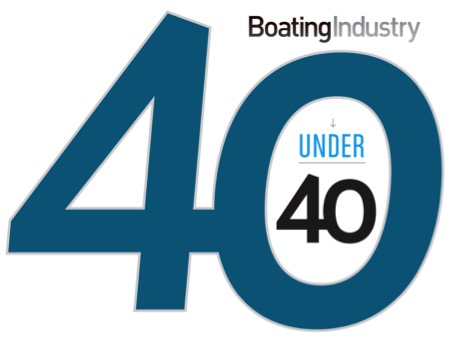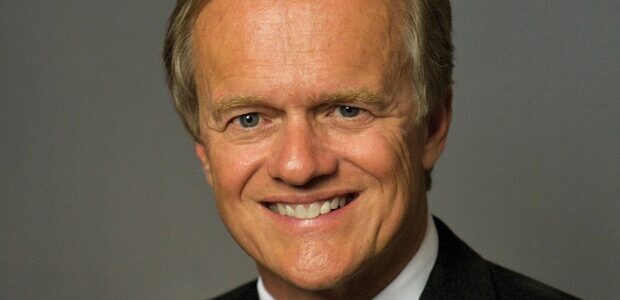YOU set the tone for customer service
 Last week, I stayed at the Rosen Plaza in Orlando. It’s a potential home for the 2010 Marine Dealer Conference & Expo, and we were scouting the site to determine its capability of housing this growing event. We were on a tour with two of the facility’s sales managers when I happened to notice a vacationing middle schooler wearing a t-shirt with the letters “BMOC” proudly touting his claim that he was, indeed, the Big Man On Campus. The happenstance that I noticed this only provided a backdrop for what I had just experienced.
Last week, I stayed at the Rosen Plaza in Orlando. It’s a potential home for the 2010 Marine Dealer Conference & Expo, and we were scouting the site to determine its capability of housing this growing event. We were on a tour with two of the facility’s sales managers when I happened to notice a vacationing middle schooler wearing a t-shirt with the letters “BMOC” proudly touting his claim that he was, indeed, the Big Man On Campus. The happenstance that I noticed this only provided a backdrop for what I had just experienced.
You see, these site visits are interesting. They take a simple event organizer and turn him into a VIP for the day. Typically, they involve a fancy dinner with special pampering from all of the facility’s department heads, the best menu items possible, small gifts and a plea to bring your event and all the business that goes with it to this facility. And while they typically try to turn the VIP into the day’s BMOC, the Rosen added a twist: they brought out the real BMOC, Mr. Rosen himself.
Harris Rosen, president and CEO of Rosen Resorts and Hotels, is somewhat of a business icon here in Orlando. At the risk of oversimplifying his impact on the local economy, he’s the owner of seven hotel facilities, and he’s making quite a name for himself in the government’s battle over healthcare. How? Instead of buying health insurance for his 4,000-plus associates, he built his own medical center. He mandates preventative health care for his employees. And he insures them himself. You smoke, you don’t work for him. Your VIP clients order nachos during a sales call, and you worry about what Mr. Rosen will think of you ingesting all those unhealthy calories.
But that’s all periphery to this blog. The bottom line is Mr. Rosen showed up. And despite the fact that he has 4,000-some employees to take care of, interviews with local news outlets, meetings with local organizations who want in on his health care system, and conversations with senators who want to know more about how it works, he pulled himself out of the pool and joined us for lunch. And he even ate some nachos.
Most of us consider customer service to be an after-the-sale function, something only necessary once a customer truly becomes a customer. Mr. Rosen knows the value of customer service prior to the sale. He displays it and he expects it all at the same time. And he’s got a simple message to remind his team members of this expectation: DNL, “Do Not Lose.”
All business owners want to win, but that expectation is taken to a new level among all employees when the owner him or herself is involved in the day-to-day needs of the business. Mr. Rosen, for example, is known among his employees for his expectations for cleanliness. His white-glove inspections surpass the level of detail of even the health inspectors.
In the marine business, many dealership owners take pride in their involvement in their business. They print their cell phone numbers on their business cards. They make follow-up CSI calls themselves. They even attend customer events. These practices should be the norm and not the exception. They help facilitate an expectation of customer service. They tell the customers, and probably more importantly, the employees that “I care.” And they make your business much stronger simply because you’re there.
So, if there’s a message to kick off the new year, it is this: Dear CEO, DNL the VIP or CSI because you’re AWOL.





Matt,
Great points, but a caution to upper level execs who set the policies for customer service: do not assume that there is follow through, and understand that if there isn’t, it’s worse than if you didn’t do anything at all.
The retail automobile sector is a prime example. I can’t tell you how many times I’ve been dissatisfied with a maintenance and/or repair experience. Almost every time, I’ve been asked to answer a follow-up call or survey. And every time, I’ve detailed my issues clearly. And not once, repeat not once in 20 years, have I received a follow up call from an exec at a policy-making level. My conclusion is that, at least in the auto industry, customer service is only paid lip service. Which could be one of the reasons the industry is in even worse shape (if you discount the tax-payer supported bailouts) than the recreational marine industry.